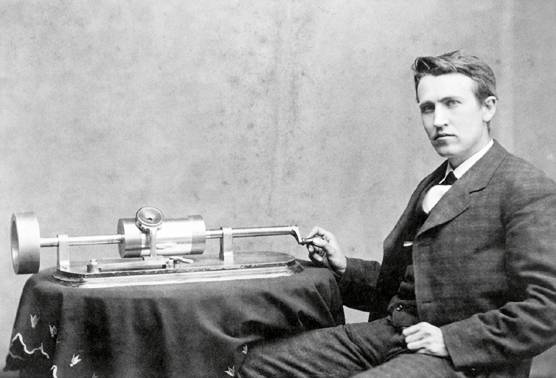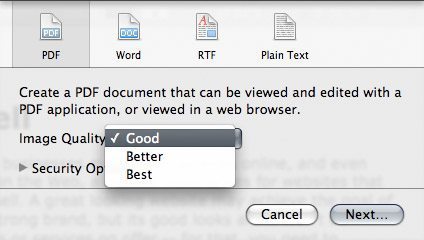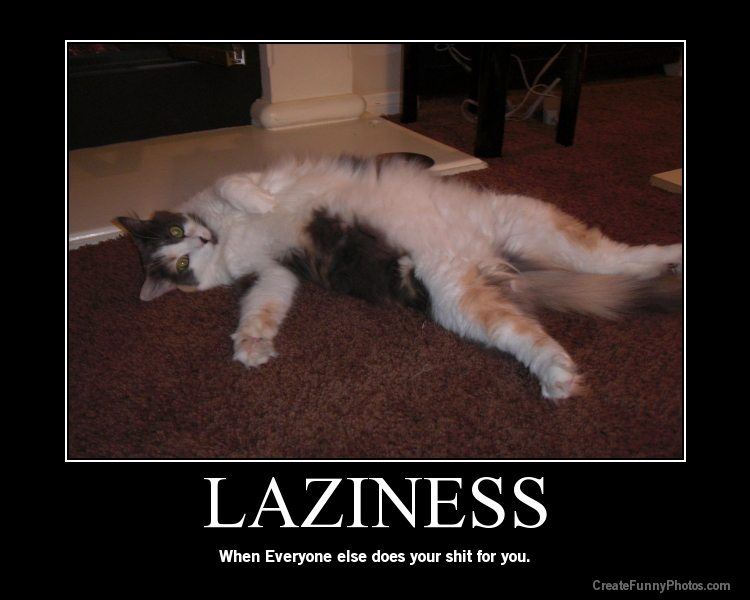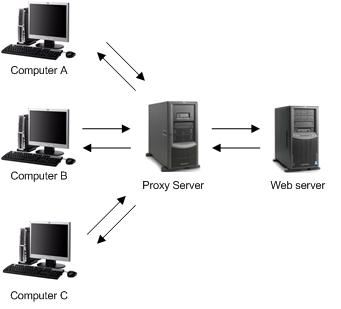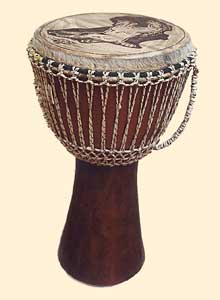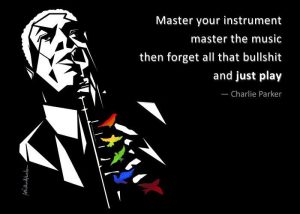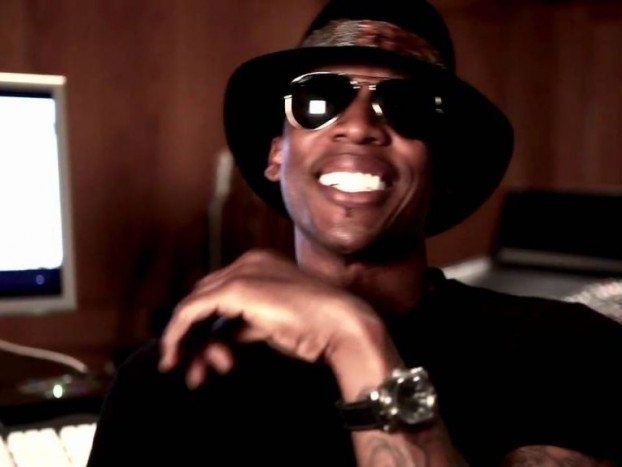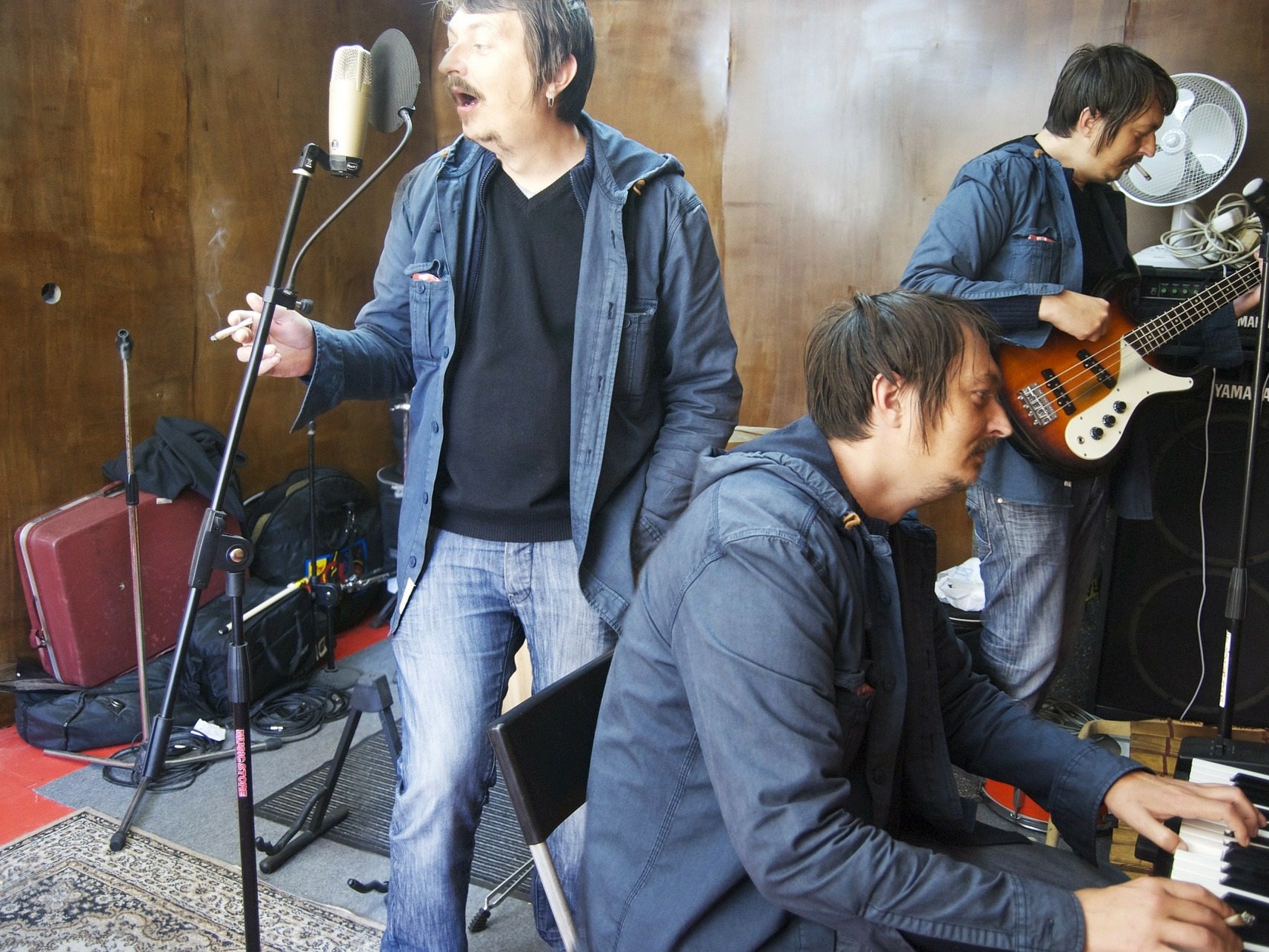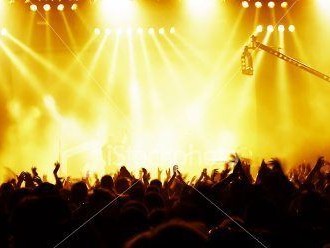Ahh isn’t beautiful? Doesn’t it just sound so exciting? Aren’t we sooo important? I guess so, but what has been the overall impact on music in general, that this need to confine music to the “studio” experience has fostered. Don’t get me wrong I love a great session as much as the next person, but what happens to music when the studio becomes the rule and not the exception?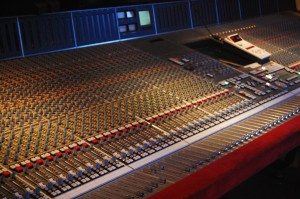
B.E.= Before Edison.
The only way to experience music was that you had to be there, somewhere. Whether in a parlor at a house, a saloon, concert hall, church, or town square you had to be there. Edison’s invention not only insured that you didn’t have “be there” but that a particular performance could be captured for just about forever or as long as the media it was stored on functioned. Of course the early days of recording were setup to document a live performance in a controlled studio environment or a concert setting. Later, with the work of musicologists like Alan Lomax recording literally went into the field. But by and large these recordings were in the moment usually around one microphone and straight to it’s final destination some sort of disc that could be played back.
WYSIWYG GIGO
So in the early days you had one chance to get it right (usually). If you got it wrong, you had to do it all over again, from the top. What type of affect would that have on the music? Well, I would submit that much more care would have to be taken(practice) but also if we put the times into context, society had not reached a saturation point whereby it was not necessary for folks to experience music live. In the 2013 world, if you don’t seek out live musical performances, you don’t miss out on musical performances. Certainly there’s a difference in the air and the experience that being in the place affords, but people listen to and yes (watch) music all day long everyday. But, really at the heart of this editorial is music any better? Let’s explore that question knowing full well that the term “better” is purely subjective.
You know, sometimes I really don’t know… it’s not that I have some musical standards that are impossible to satisfy(although I do have standards and I believe standards are important), I just can’t get with a lot of the stuff that many qualify as “good” these days. Why? Well, because in this environment where everyone is a legend, slept on, dope, a genius and on and on blah, blah, blah sometimes I just don’t hear it. I’m listening, but I just don’t hear it as much as others and I think the “studio” has a lot to do with it.
The caption above pretty much sums it up where I am on this issue and society in general at times. Except, in the case of music we let technology do the heavy lifting as it were. That’s not a condemnation of technology because there have been some tremendous advancements in recording technology and the distribution etc., that have allowed many to participate where they couldn’t have decades prior. But, at the same time we’ve forsaken the bar to entry because in many instances anyone can do it these days. The studio is not so much a studio anymore but a bedroom, deck, or seat on an airplane. Also, there was a time where the engineers were really engineers they had to be. Hell at places like Decca Records in the old days in England they actually wore lab coats. I’m not suggesting that it always has to be that way, but we must acknowledge that there is a difference. There are people that are auto didactic and become complete masters of their craft and I would submit that’s a relatively small percentage, the rest want to follow that path because it does not call for serious or formal study (from their perspective) but what they leave out or don’t know is that any level of virtuosity requires work. Lots of it.
I’ve played the saxophone for many years and all the horn players that I admire have one thing in common: their work effort. It’s nothing for them to have at some point in their development to put in 8 or 12 hour days of practice. As Allen Iverson would say “Not a game, but practice.” It’s work, it’s a job. Yes, I know people are on the grind, doing the same thing in the studio… but actually in many cases you are not. You’re just talking about what you’re doing and it shows.
Why Practice When You Can Program?
Hear ye! Hear ye! Hear ye! If you sequence, program, hell even if you hit the transpose button because you can’t play in B Major, you have not played anything. Further, if you did the same things and changed synth patches from a piano sound to a string sound you didn’t play the strings or the bass or anything. Not that there’s anything inherently wrong with that but when that’s all that you can do and you’re not interested in mastering the ability to play any instrument, I don’t know… I just don’t know. Just so that we’re clear, the voice is an instrument and it requires as much work as anything else to use it in a proficient manner.
Here Come The Drums and There They Went…
I’ve used and will continue to use some form of drum programming to get a song idea down. However, there is nothing and I mean nothing in my opinion that can replace what a real drummer can do. Nothing. Is there anyone out there that finds it ironic that one of the first items to be summarily outlawed in these United States were the imported slaves use of the drums from their culture and how now it’s more hip to play a representation of a drum and not the actual drum itself? The sound of an actual drum has held sway at celebrations, lead armies, marked the beginning and passing of life and now many of us settle for a machine? Why? Who told that lie that we had to forsake the actual drums for the machine and why was it bought into wholeheartedly? I’m talking about balance… there are fantastic, fantastic drummers making music but when it comes to music that is supposed to be in the lineage of the numerous Black Art Forms cultivated on these shores why does the machine reign supreme? I’m not saying get rid of the machine and all will be well in the world, there’s some fantastic, fantastic music made electronically it’s just that there’s not a lot of balance occurring. Not a lot of balance at all.
Just Play
That’s all we’re talking about here. Remember when your mom told you to get out of the house and go play. That’s what we’re talking about right here. That balance between worrying the hell out of your mom by being lazy and on the couch, wondering what’s for dinner and not getting any exercise or learning how to get along with others. It’s fine to be in the house, but it’s not fine when that’s all you do. It’s great to be in the studio, creating and programming to your heart’s content but don’t forget about outside, the people, the experience. If you don’t know how to play an instrument learn one. Challenge yourself, think of it as lifelong learning because it is lifelong learning. Get together with other people and make music. Learn to listen critically, work on refining your ear, don’t believe any hype especially about yourself. Always work to improve on the last creation, create in new ways, set the bar higher. Know your music history and realize it’s probably been done before, but not done by you so find your voice in the crowd.
Ivan Orr is a multi-instrumentalist, composer, performer, and writer. A native of Charlottesville, Virginia Ivan was involved with the forming and nascent days of The Music Resource Center as its first Program Director. A graduate of Virginia Commonwealth University’s Department of Music, Ivan currently resides in Richmond, VA where he maintains an active performance and production schedule while serving as the Music Editor for Grown Folks Music, a position he has held since 2010.
RELATED POSTS
June 21, 2010
Nicolay in the Studio
June 21, 2010
Raphael Saadiq-In The Studio
March 20, 2015
New Music: ConFunkShun – “I Miss You”
September 8, 2010
Food For Thought…Where’s the R&B/Soul Equivalent?
November 22, 2010

